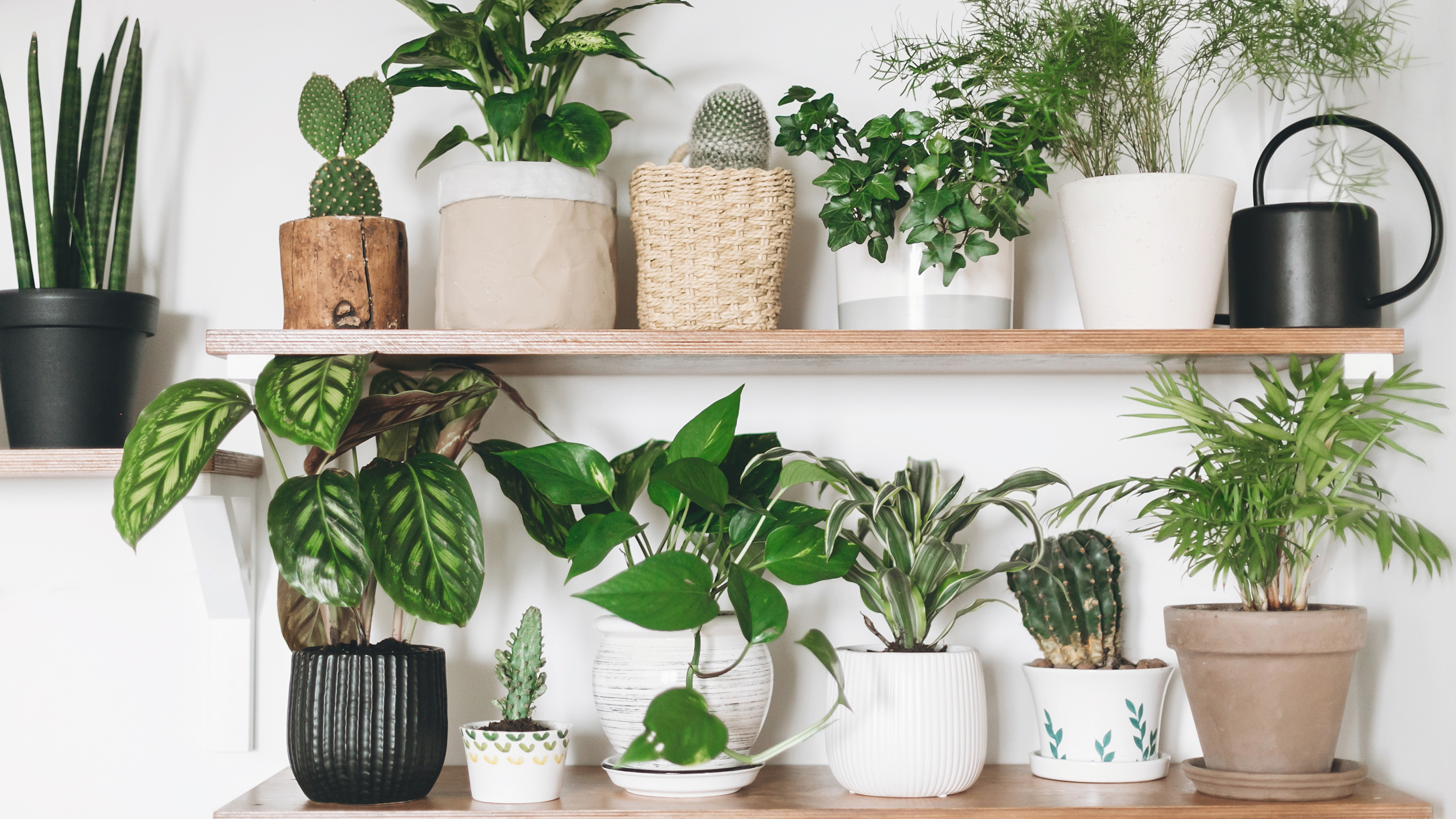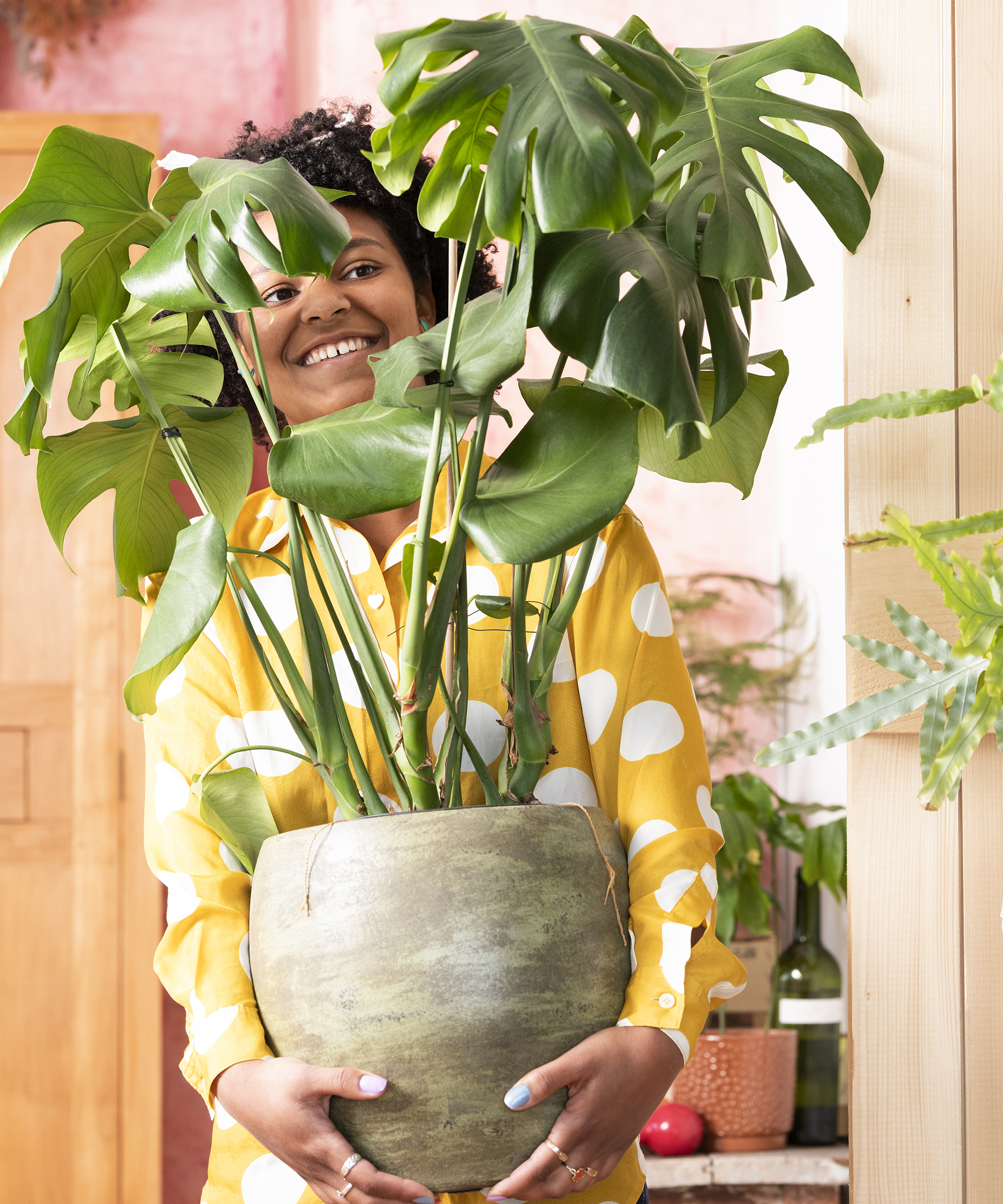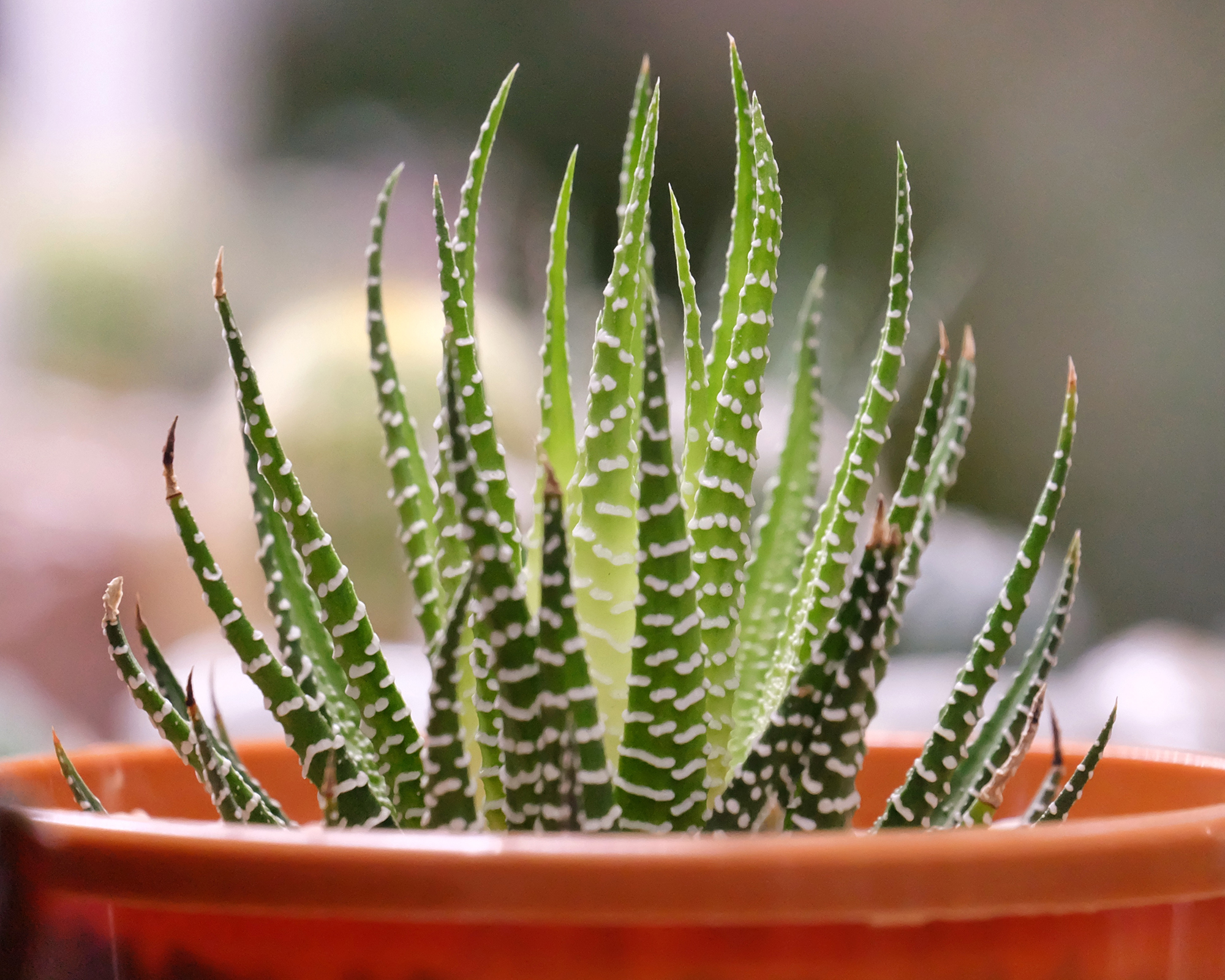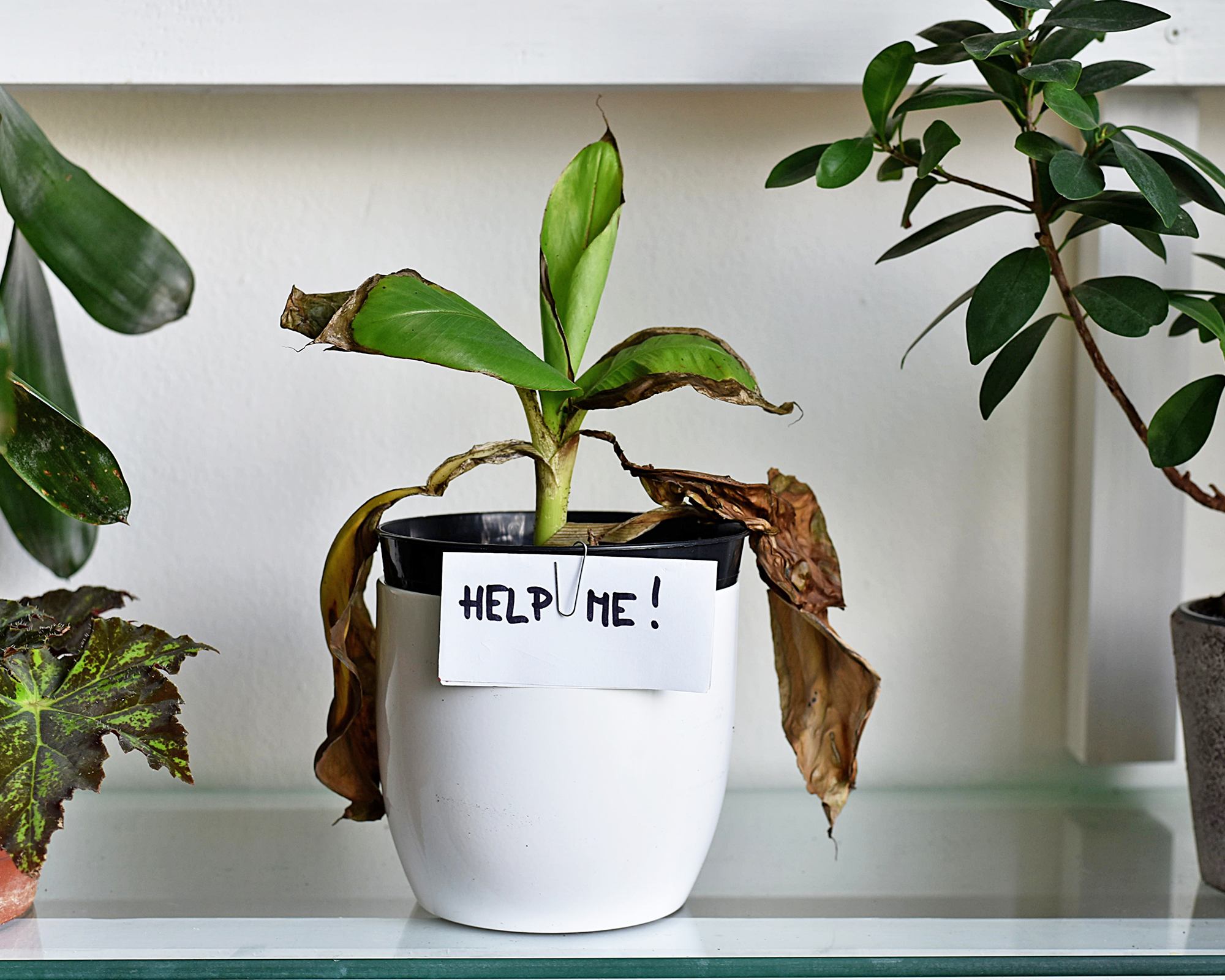Feng Shui Experts Warn These 3 Houseplant Mistakes Will Have a Harmful Impact
If your houseplants are not providing the positive energy you hoped for, then you may be ignoring these fundamental Feng Shui principles.


Sign up for the Gardening Know How newsletter today and receive a free copy of our e-book "How to Grow Delicious Tomatoes".
You are now subscribed
Your newsletter sign-up was successful
Not only do houseplants make a significant contribution to interior design, but they have a positive impact on mental health and wellbeing. This makes them an important component of Feng Shui, which values plants for their positive energy.
Feng Shui is the ancient Chinese practice of designing and arranging our living spaces in a way that encourages the flow of positive energy, and creates harmony and balance.
Whether or not you believe in lucky plants or that Feng Shui can be exploited to make you wealthier and healthier, you simply cannot ignore the effect that interior design choices have on our happiness and wellbeing.
We have all experienced being in rooms that feel uplifting and calming, and those that bring you down – or even make you feel stressed.
The good news for indoor gardeners is that plants in general contribute positively to the energy in our homes.
‘I believe plants are never bad luck – they are full of vital growing energy, which is beneficial,’ says Laura Morris, a Feng Shui educator and co-founder of the Mindful Design Feng Shui School. ‘Healthy plants are always a good thing to have in your home.’
However, there are certainly some design mistakes that you could be making to introduce negative – or even harmful energy into your home.
Sign up for the Gardening Know How newsletter today and receive a free copy of our e-book "How to Grow Delicious Tomatoes".
1. Getting the size or scale wrong

‘The most common mistake everyone makes when first selecting plants to enhance Feng Shui energy, is in not considering the size of a plant,’ says Diana Hathaway, interior designer, color consultant, and Feng Shui expert at Gorgeous Color.
‘No matter how healthy or beautiful your new plant is, if it overpowers the space where it sits, it throws your room’s energy off-balance.
‘Think about the scale of your plants in relation to other accents and accessories, and maintain their size so they’ll continue to enhance your space.’
That’s not to say you cannot use bigger plants in your home, but these should be reserved for larger spaces where they can make an impact without dominating.
Where space is tight, it’s best to choose varieties that will not grow too big in the future. While a plant may look small in the store, it might not stay that size for long. Check the information label for the mature size, as well as care details.
To maintain a more compact shape, it’s a good idea to prune houseplants, which will also encourage new bushy growth and help to keep them healthy.
The best time to prune houseplants is at the start of the growing season – usually late winter or early spring.
2. Plants with sharp edges

‘A mistake to avoid is choosing plants with sharp edges or spikes for any room, as they create a Feng Shui “poison arrow” that is detrimental to positive energy,’ says Diana.
According to Feng Shui principles, poison arrows are sharp angles that concentrate negative energy in the direction they are pointing. They are believed to be harmful in all areas of your life, potentially affecting your health, happiness, relationship, and financial success.
‘Spiky and sharp plants are especially troublesome in Feng Shui, because of their numerous leaves that point in many directions – unlike an accent piece that can be directed away from important areas,’ says Diana.
However, if you have a particular love for cacti or other spiky plants, then Laura Morris believes you need not banish them. ‘It is best to avoid spiky plants or sharp-leaved plants close to your bed or in the romance and partnership area of your home,’ she says. ‘This is found using the Bagua – a Feng Shui energy map.’
You would also be wise to avoid sharp and spiky plants that point to seating areas, or the front door.
3. Neglecting their health

Perhaps the most important Feng Shui principle concerning houseplants is that they should be healthy.
‘Dying or withered plants bring low energy to your home,’ explains Laura. ‘So choose plants that are healthy and thriving, and easy to care for.’
‘Any benefit you might gain from proper placement or plant selection is erased if your plant is unhealthy or not thriving,’ adds Diana. ‘Because Feng Shui represents the flow of life energy, plants can improve your Ch’i energy with their own life force.
‘Dead and browned leaves, shaggy stems, and sparse appearance repel positive energy.’
If you are not blessed with a green thumb, then choose low-maintenance varieties, such as plants that don’t need water very often or plants that are hard to kill.

Melanie is an experienced gardener and has worked in homes and gardens media for over 20 years. She previously served as Editor on Period Living magazine, and worked for Homes & Gardens, Gardening Etc, Real Homes, and Homebuilding & Renovating. Melanie has spent the last few years transforming her own garden, which is constantly evolving as a work in progress. She is also a passionate organic home grower, having experimented with almost every type of vegetable at some point. In her home, Melanie tends to an extensive houseplant collection and is particularly fond of orchids.